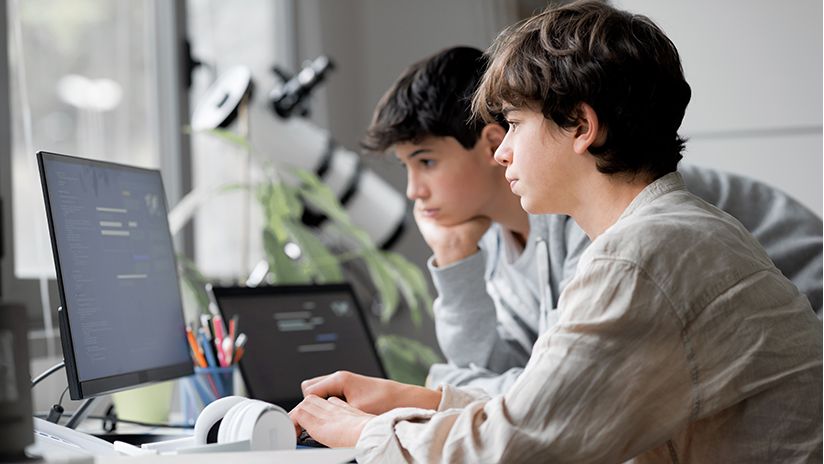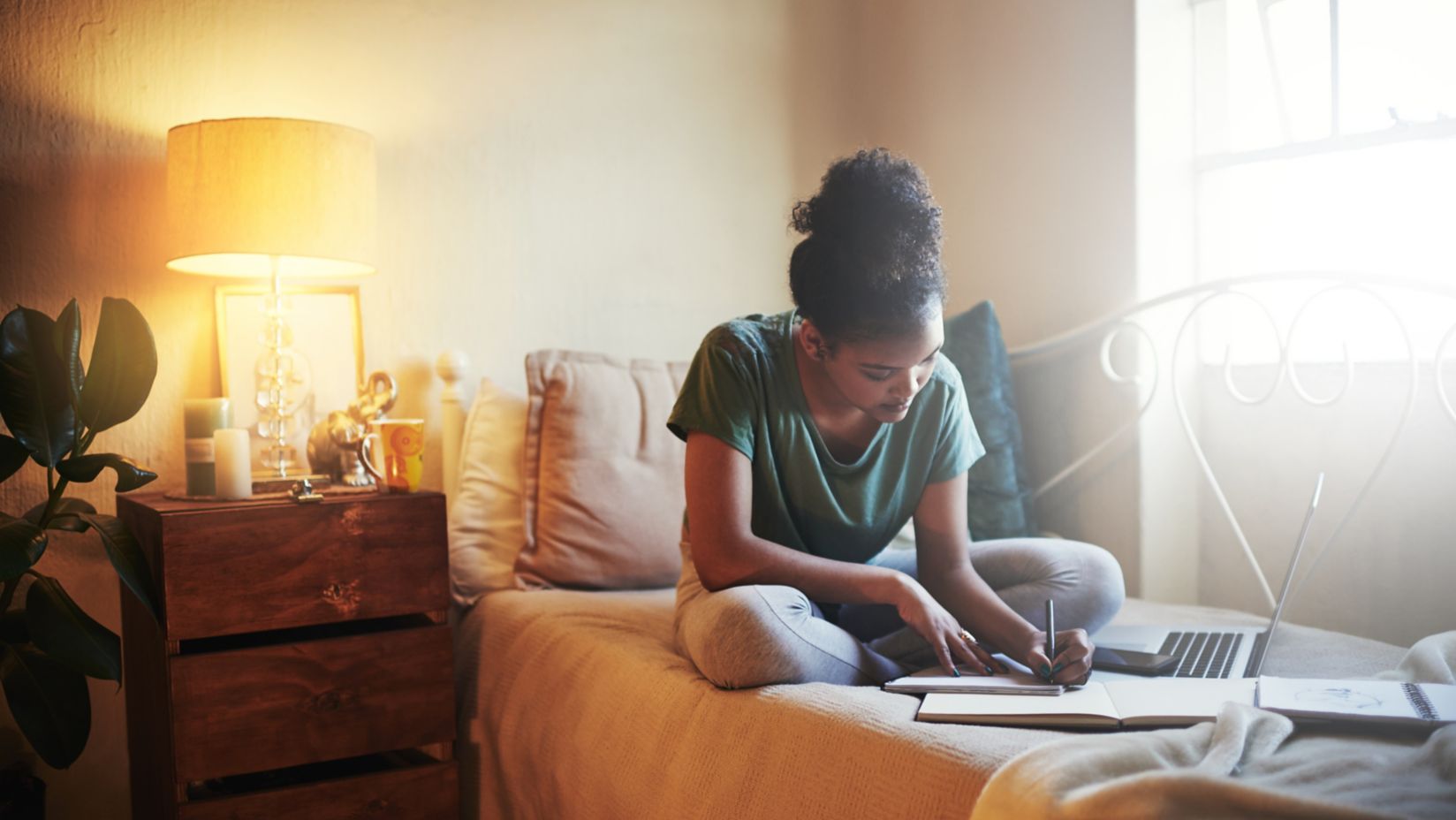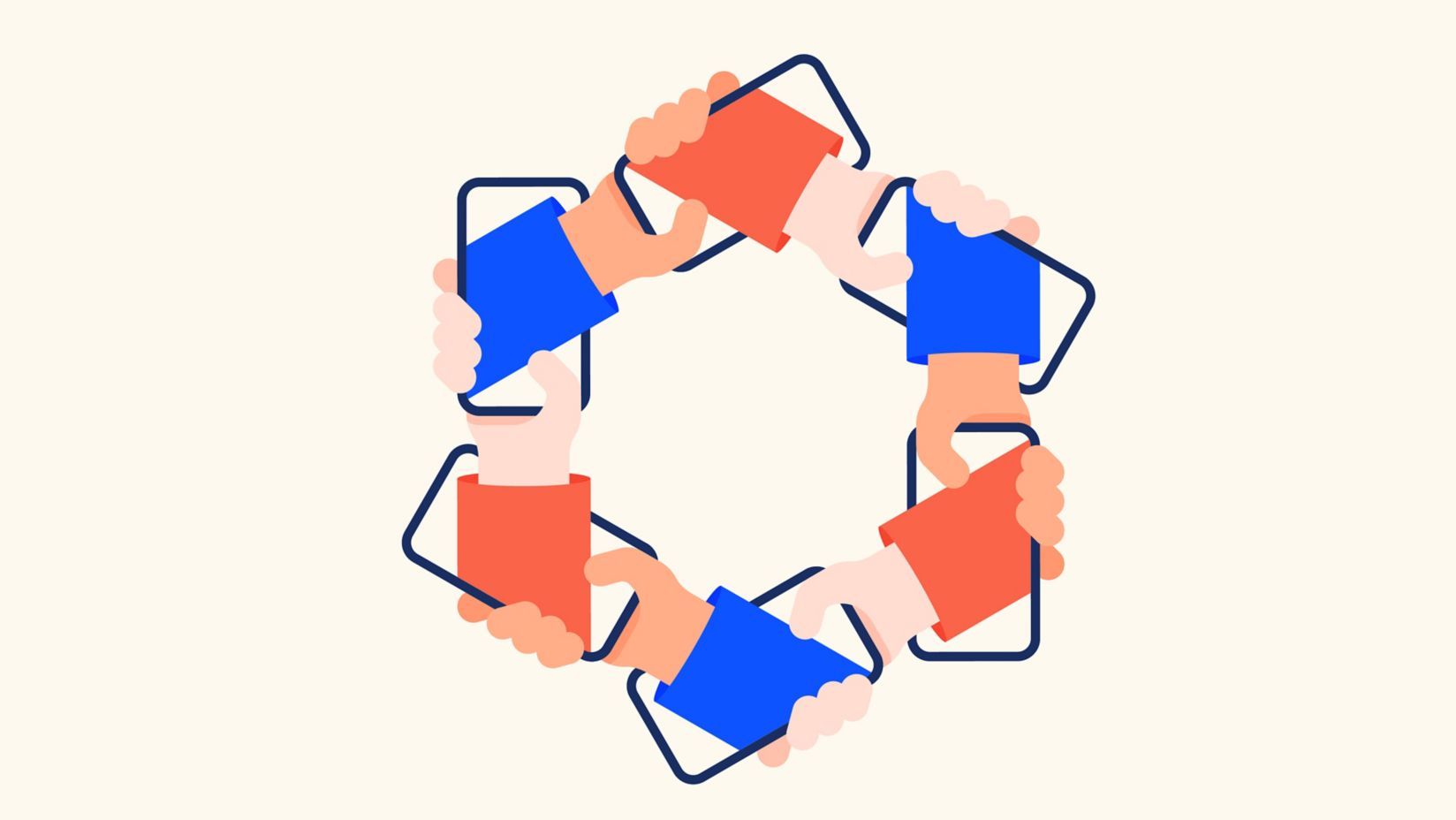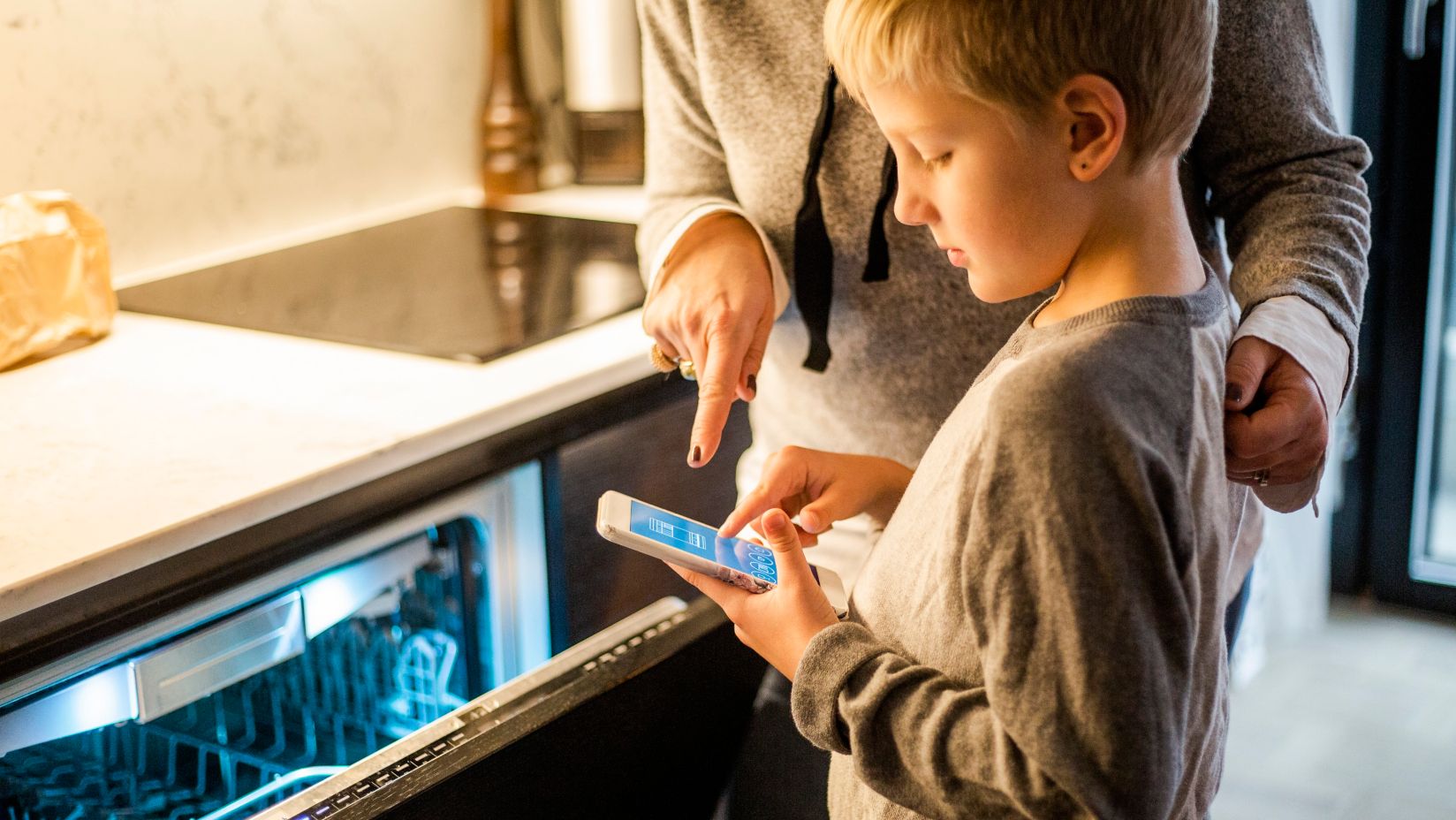Young people share their views on social media’s impact
As discussions about the role of social media in the lives of young people continue to gain momentum, we asked two members of Telstra Foundation's Youth Advisory Council for their thoughts on it all.

Alex and Bailey are 15 years old, from Western Sydney and Regional Victoria, respectively, and both are part of Telstra Foundation’s Youth Advisory Council. We talked to them to find out what they thought about a proposed ban and if they had any thoughts on how social media could be a better space for young Australians.
How do you use social media in your life?
“I use it to stay connected with friends, family, and organisations that offer great opportunities for youth,” Bailey says. “Organisations like PROJECT ROCKIT and the Telstra Foundation provide platforms where young people like me can share their thoughts on digital technology. These organisations listen to us and involve us in shaping the future, giving people aged 12 to 20 a real voice. It’s rewarding to feel like we’re contributing to something bigger and helping shape online spaces.” Alex agrees and says that social media plays a huge part in his everyday life, especially in his ability to stay connected with friends. “It’s easier than ever to stay in touch with friends, especially those you don’t see often”, he says. “Plus, it’s a platform for creativity whether you're sharing photos, memes, or just keeping up with what’s going on in the world. There’s also a sense of belonging; when people comment or like posts, it can feel like validation or support.”
Are there ways you’re using social media that are not as rewarding?
"Definitely,” says Alex. “Sometimes, it feels like hours can disappear scrolling through meaningless content. There’s also the darker side: comparing yourself to influencers, feeling left out when you see posts of people hanging out without you, or even stumbling across negativity or cyberbullying. It’s easy to get caught up in the drama or start feeling like everyone else’s life is perfect, which isn’t healthy.”
Bailey agrees with Alex’s point about scrolling for hours and reducing productivity, adding that it’s hard not to compare your life to others. “Sometimes it leads to constant comparisons that can hurt self-esteem, and there’s always the risk of encountering cyberbullying,“ he states. “I also find that the connections I make online can feel shallow, and the spread of misinformation or exposure to negative content can [have an] impact [on] mental health.”
What could it mean if there was a ban on social media for kids under 13?
“It could encourage more in-person interactions and offline activities,” says Bailey. “But it might also limit the development of early digital skills and creativity. It’s also hard to enforce, and kids could find ways around it, missing out on positive online experiences.” Alex adds: “A ban would allow kids to focus on building friendships and learning essential life skills without the pressure of likes and followers. But, on the flip side, it could also make them feel like they’re missing out on what everyone else is doing online and create a sense of exclusion.”
How would it affect you if the ban applied to those under 16?
“On the positive side, it could reduce the negative impacts of social media, like cyberbullying, anxiety, or the constant pressure to present a perfect version of yourself,” says Alex. “But the negatives would be hard to ignore. Teens use social media to stay connected, not just for fun but for planning, [staying] in the loop, and even for schoolwork in some cases. Many teenagers might feel isolated or left out, especially since social media is a big part of how we communicate now.”
How would this impact your younger siblings or friends?
“For my younger sister, a social media ban would limit her ability to connect with friends and develop digital literacy,” says Bailey. “Instead of a ban, teaching responsible use and setting boundaries would be better, helping her build healthy online habits.”
What do you think parents would think about a ban?
“Finding a balance between safety and freedom is always tricky,” says Alex. “I imagine most parents would favour a ban as it would likely give them peace of mind. But some parents might also worry that banning social media could cause friction, especially if their kids feel cut off from their peers.”
What would make social media a better experience for you?
I’d like stronger privacy controls and mental health features that check-in when usage becomes excessive, says Bailey. “Time management tools would help me keep track of how long I spend online. I’d also like more control over my feed, with less focus on algorithm-driven content. Finally, better moderation and inclusive communities would create a safer, more supportive environment where I could express myself without worrying about negativity.” Alex agrees with everything Bailey says and adds, “Another cool feature would be more transparency about what happens behind the scenes, like how the algorithms decide what to show you, so users have more control over what they see,” he says.
“Additionally, encouraging more positive interactions, like highlighting supportive comments or celebrating milestones that aren’t just about appearance, would make it a more uplifting space. Changes like these could make social media less of a competitive, toxic place and more of a space where people feel supported and encouraged rather than judged.”
About Telstra Foundation’s Youth Advisory Council
We want children and young people to feel heard and to have a say in the kind of digital world they want to create. Our Youth Advisory Council help shape our work, and support us in our commitment to champion co-design with children and young people through our partnerships.


